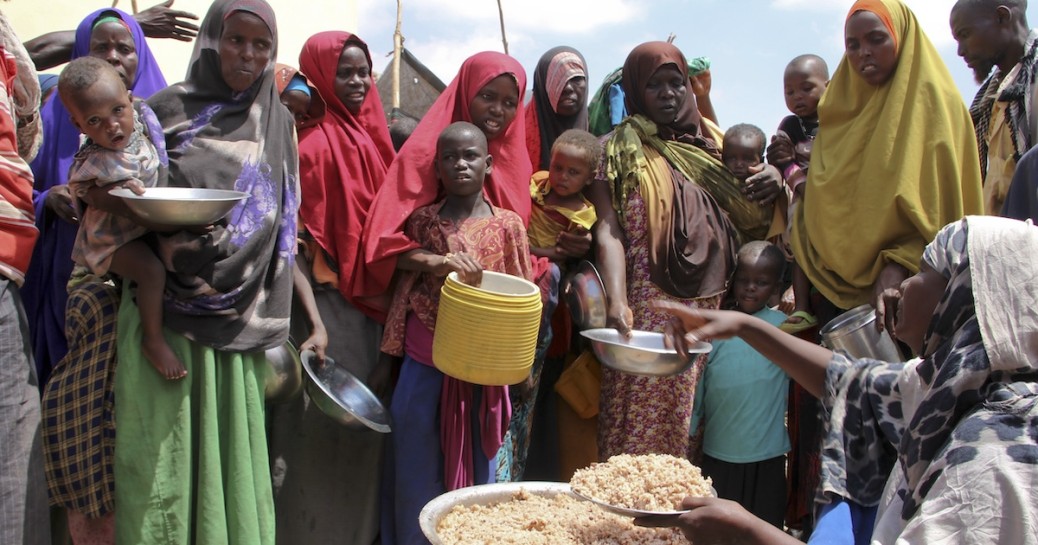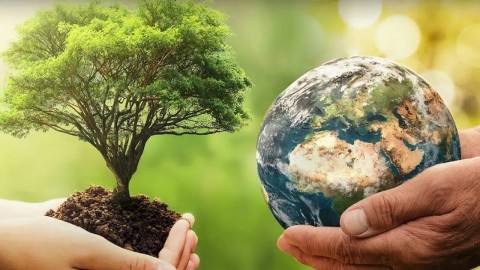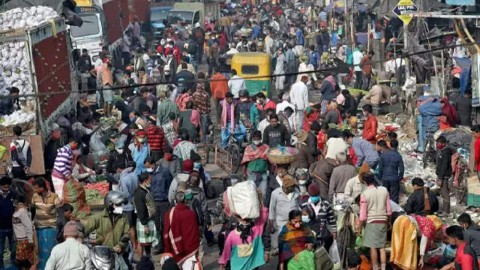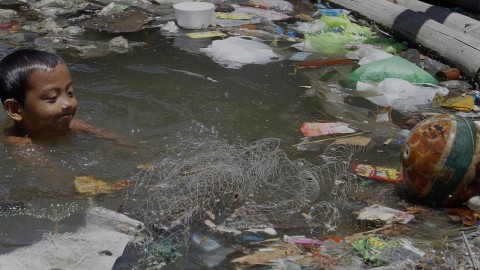Population Growth A Threat To Global Food Security
The United Nations has warned that the combination of population growth and climate change are likely to threaten global food security and that changes in agriculture, especially in Africa, may be the only way forward.
The global population is expected to increase over the next 60 years, from 8.2 billion today to 10.3 billion in the 2080s. Much of that growth will occur on the African continent, where many countries still have high fertility rates.
The United Nations Population Fund believes that the combined effect of population growth and climate change will exacerbate global inequalities and trigger national and international migration.
U.N. agencies say 1 billion of the 1.3 billion people living in Africa do not have regular access to healthy diets and that hunger has worsened in recent years.
Food needs grow as farmland shrinks
Africa’s farmland has been shrinking due to regular and persistent drought, while the growing population leaves less space for farming.
Chris Ojiewo, principal scientist at the International Maize and Wheat Improvement Center, said African farmers need to produce a lot more food in increasingly smaller spaces to feed the growing population.
Ojiewo said: “We cannot even think of a human way, or ethical way, to stop population growth, so let it grow but let us people be able to produce more within a small area. For example, where we are able to produce only one ton of maize per hectare, why don’t we work to improve this productivity to go beyond 1 ton to 2 to 3 to 4 to 5 to 10 tons per hectare, considering developing varieties but also production systems that enable us to produce in the intensified system but also to produce even when there is drought.”
Speaking at a conference in Mexico in July, Ann Vaughan, deputy assistant administrator of the U.S. Agency for International Development, said scientific research and technology can help farmers to cope with climate change and assist them in cultivating more diverse crops.
“To help make sure we are accelerating smart innovations so that farmers are getting access so even in the face of horrific drought, they are still able to produce food for themselves and their families,” said Vaughan. “… what that looks like is making sure we have the right science, the right seeds, the right private sector partners who are pulling and creating a demand for these types of seeds, diversifying so that you are not just growing maize but you are also growing cowpeas and other things which are more resilient to climate change.”
Sustainable practices
In 2010, the U.S. government launched Feed the Future, an initiative aimed at addressing the causes of hunger and poverty in developing countries worldwide. The program is designed to improve African agriculture systems by promoting sustainable practices that account for climate challenges and also help increase economic opportunities, employment and trade.
In many African countries, maize crops are dominant as the primary source of food and this has experts worried. The crop relies heavily on rain, yet climate change is causing rainfall patterns to become more unpredictable.
Chris Ojiewo insists that African farmers must change when and what they grow to produce enough food.
“Ensuring that production and productivity continue, whether in season or off-season, does not necessarily mean relying 100 percent on rain-fed agriculture,” said Ojiewo. “Diversification does not mean over-dependance on one single crop for population survival. I know many countries are relying on maize in terms of cereals and ignoring some of the other crops that will fit into these systems.”
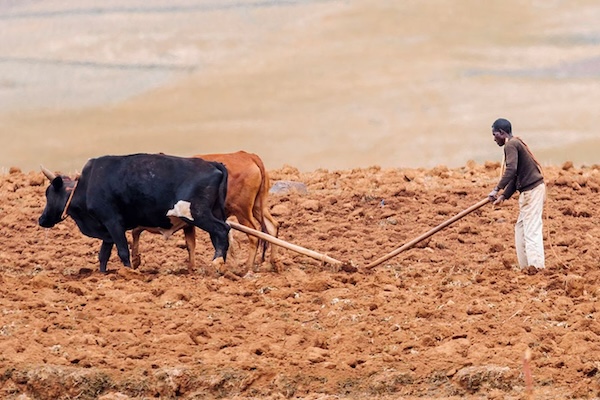
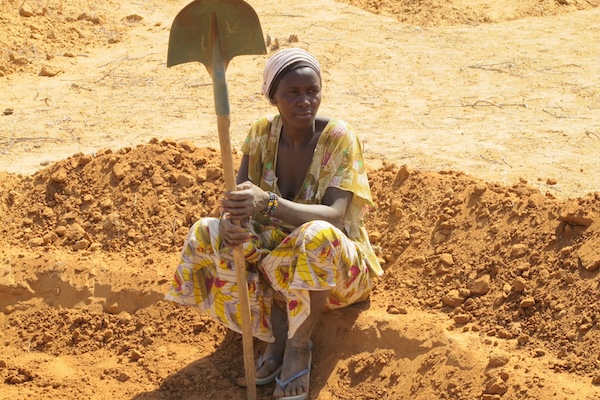
Got something to say about this? Join the discussion now!
Remember, you need to be registered to take part.
- This topic has 0 replies, 1 voice, and was last updated 1 year, 6 months ago by .


